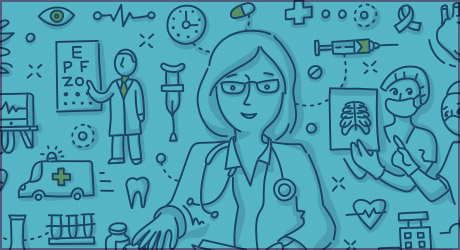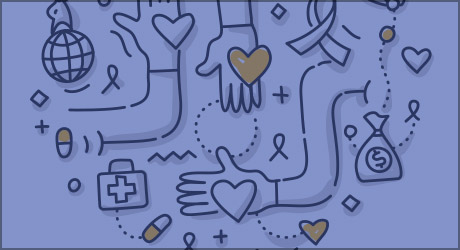
Why Choose Us?
When you put your heart in our hands, you get the benefit of more than 30 years of experience in cardiac care, the commitment that brought the first open heart surgery to our communities and skills that can stop a heart attack in progress.

Located on the campus of ShorePoint Health Port Charlotte, ShorePoint Heart Center is Charlotte County's largest heart center and the only accredited Chest Pain Center with Percutaneous Coronary Intervention (PCI) from the American College of Cardiology (ACC). Hospitals that earn this accreditation have proven exceptional competency in treating patients with heart attack symptoms and have primary PCI available 24/7 every day of the year.
ShorePoint Heart Center Features:
- Private patient rooms
- 10-bed cardiac intensive care unit
- 9-bed cardiac-vascular surgery unit
- 16-bed post-interventional cardiac unit
- 8-bed pre/post-interventional cardiac holding unit
- Two open heart surgery suites
- Four cath labs, including a designated electrophysiology lab
- Charlotte County's only hybrid operating room, a space which integrates a surgical operating room and an X-ray imaging system to enable clinicians to work more efficiently by reducing preparation and procedure time.
Our Services
Interventional cardiology: We offer a variety of catheter-assisted techniques to treat heart disease, including cardiac catheterization, atherectomy (rotoblater), balloon angioplasty and stenting.
Open heart surgery: When open heart surgery becomes the best treatment solution, our team performs procedures such as coronary artery bypass surgery, coronary artery bypass grafting (CABG), congenital heart disease repair and valve repair and replacement.
Transcatheter aortic valve replacement (TAVR): ShorePoint Health performed the first TAVR procedure in Charlotte County on Friday, July 12, 2019. Since then, more than 200 patients have benefitted from this life saving, minimally-invasive procedure.
Heart rhythm disorder management and treatment: We provide arrhythmia treatment from lifestyle-modification assistance to complex surgical treatment, including ablation for atrial fibrillation (AF), implantable devices including cardioverter-defibrillator (ICD) and pacemakers, and radiofrequency ablation. For patients with atrial fibrillation who are unable to continue long term anticoagulation therapy, we offer left atrial appendage closure. We performed our first procedure in 2018.
Heart Healthy Resources

A Woman’s Risk for Heart Disease is Different: Here’s What You Need to Know
Heart disease is a big issue in the United States for both men and women alike. But some risk factors are more unique to women.
Read more »

Is High Blood Pressure Considered Heart Disease?
Finding out you have high blood pressure can be worrisome if you aren’t sure what your numbers mean or what to do about them. Discover how high blood pressure affects your heart.
Read more »

How Does Smoking Affect Your Heart?
Smoking’s impact reaches far beyond your lungs, harming nearly every other organ in the body. Get the specifics on how smoking can influence your heart’s health.
Read more »

Why Your Heart Wants You to Pay Attention to Your Cholesterol
Your liver makes cholesterol in your body, but you also get cholesterol from eating certain foods. Find out how the wrong kind of cholesterol can impact your heart.
Read more »